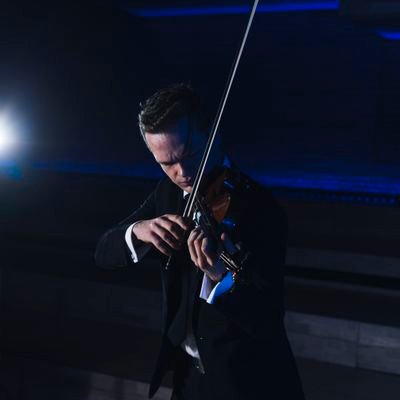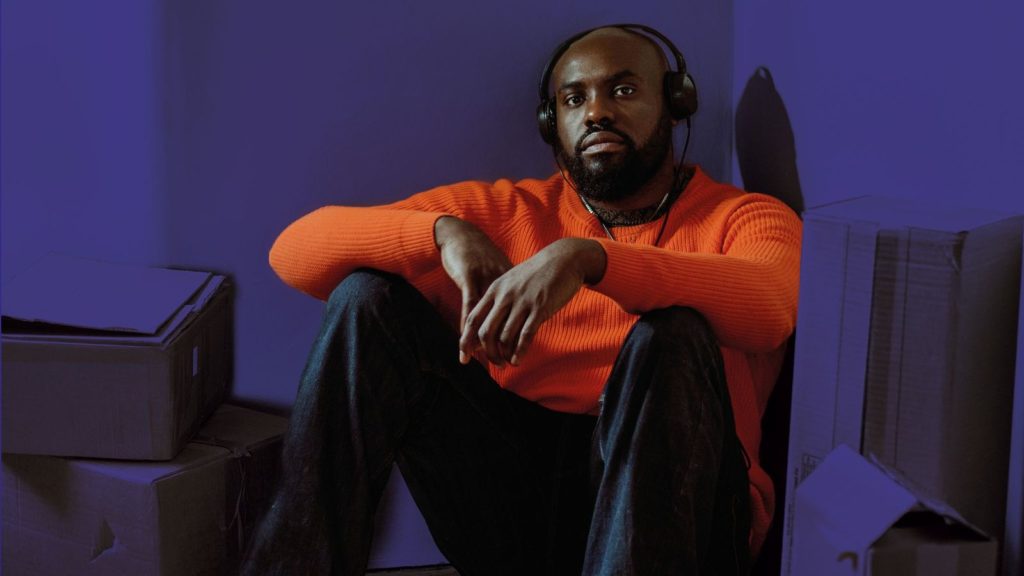
LATE Music has been changing gradually over the years. It now encompasses two concerts on the first Saturday of every month between October and June, one at lunchtime and one in the evening.
Amabile, a clarinet trio, drew the lunchtime slot this month, with Farrenc and Brahms sandwiching a premiere by Steve Crowther.
In the welcome wave of rediscovery of female composers through the ages, the name of Louise Farrenc (1804-1875) regularly recurs. She mainly wrote for her own instrument, the piano, but chamber music – always with piano – engaged her frequently.
Her Trio in E flat, Op 44 (1861), partners clarinet (or violin) with cello and piano. It shows craftsmanship rather than inspiration, and is a throwback to Mendelssohn with a touch of Mozartian finesse.
Amabile, with the seasoned clarinet of Lesley Schatzberger to the fore, treated it with considerable respect. Balance was awry at first, with prominent piano and self-effacing cello, but Farrenc’s imitative tendencies soon emerged politely enough.
A slithery little figure in the minuet heralded a finale that showed flashes of imagination; it was taken at an exciting pace. There is probably more to the composer than this but it was good to hear.
Crowther’s Transcriptions from Morris Dances are nothing to do with the well-known dances but five cameos inspired by the composer’s friendship with Philip Morris, presumably originally for piano.
They are delightful vignettes, spiced with wit and insight, ranging from the light and airy in the opening homage to friendship to the thoughtfully elegiac in the final Love Song, with its quizzical ending. They were lovingly played.
Brahms’s Clarinet Trio, Op 114 in A minor (1891), has all the autumnal warmth we associate with the composer’s twilight years. The opening Allegro had a lovely flow here and a delicate ending.
In the heat haze conjured by the Adagio, the cello of Nicola Tait Baxter came into its own, entwined closely with Schatzberger’s idiomatic clarinet. Paul Nicholson’s piano neatly underpinned the lilting Viennese waltz that preceded a finale of crisp rhythms tinged with a touch of aggression. It was good to see Nicholson back in musical harness after his retirement from the Anglican ministry. He has lost none of his previous finesse on all types of keyboard.
The evening brought a surprise. There have been countless expert exponents of contemporary music in this series over the years, but never, I would guess, a virtuoso of quite the calibre of violinist Savva Zverev.
His nonchalant dispatch of a variety of works from Bach to Bartók and beyond was breathtaking. Sid Ramchander was his nimble-fingered piano partner.
Zverev opened his first half with Bach’s first solo violin sonata, BWV 1001 in G minor. He made it sound, as Bach undoubtedly intended, as if there were several instruments involved, not just counterpoint in three or even four parts but, with double and treble-stopping, remarkable harmony as well. This was cutting-edge stuff in Bach’s day. It still is – and very much belonged here.
By way of balance, Zverev’s second half began with Bartók’s unaccompanied Violin Sonata of 1944, the year before he died. It takes several leaves out of Bach’s book and is equally challenging.
Not that it held any terrors for Zverev. His top-string brilliance was not balanced by much dynamic shading in the opening chaconne, but his handling of the four-voice fugue, with its alternate plucking and bowing, was masterly. So too was the zig-zagging Melodia and bravura reached a new peak in the headlong finale.
After that, there was bound to be anti-climax. Pärt’s slow, minimalist Spiegel im Spiegel could not hold attention in this company. Franz Waxman’s Carmen Fantasy, taken from his soundtrack to the 1946 film Humoresque, inevitably came across as relatively empty display, virtuosity for its own sake. Perhaps we had simply had enough by then.
Earlier, Zverev had shown a different side to his musical personality in the delicate traceries of Webern’s Four Pieces, Op 7 and discovered genuine drama in Lutoslawski’s rondo Subito, especially in the episode on the G-string. Ramchander was with him every step of the way here, no mean feat in itself.
In five extracts from Debussy’s Préludes for piano his melody lines were not always evenly voiced, but his minimal use of pedal contributed to admirable clarity. This is certainly a duo to watch.
Review by Martin Dreyer


